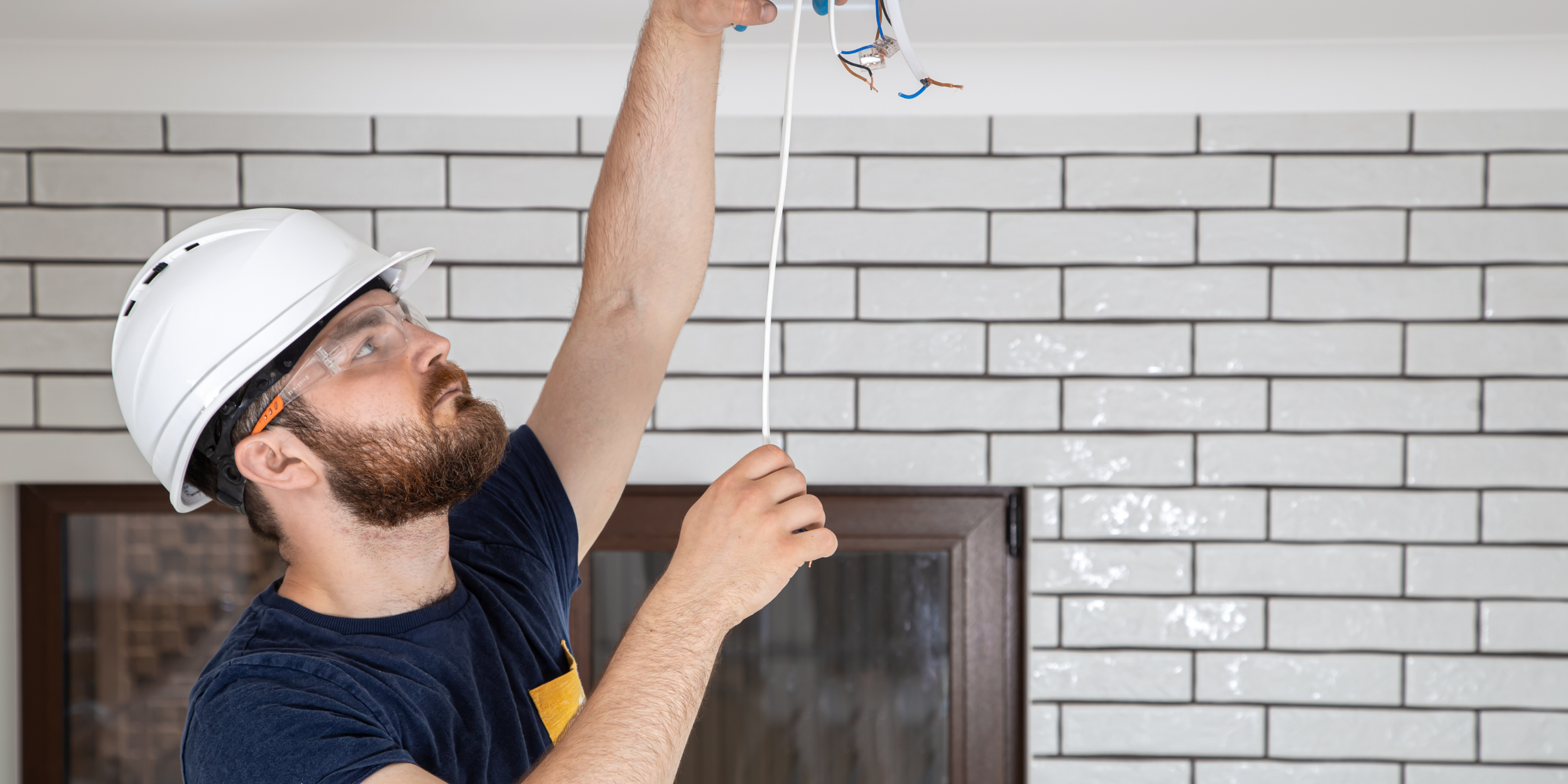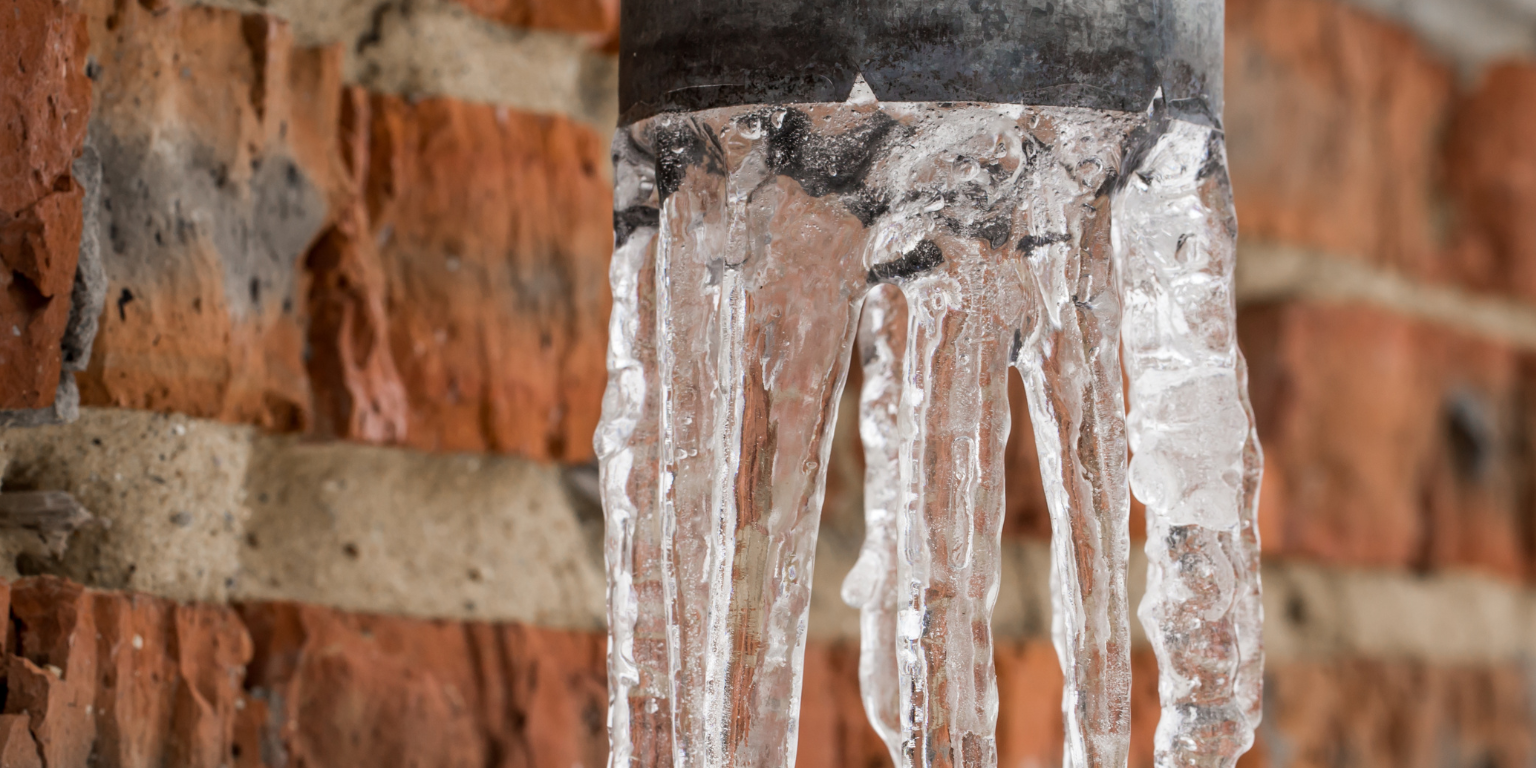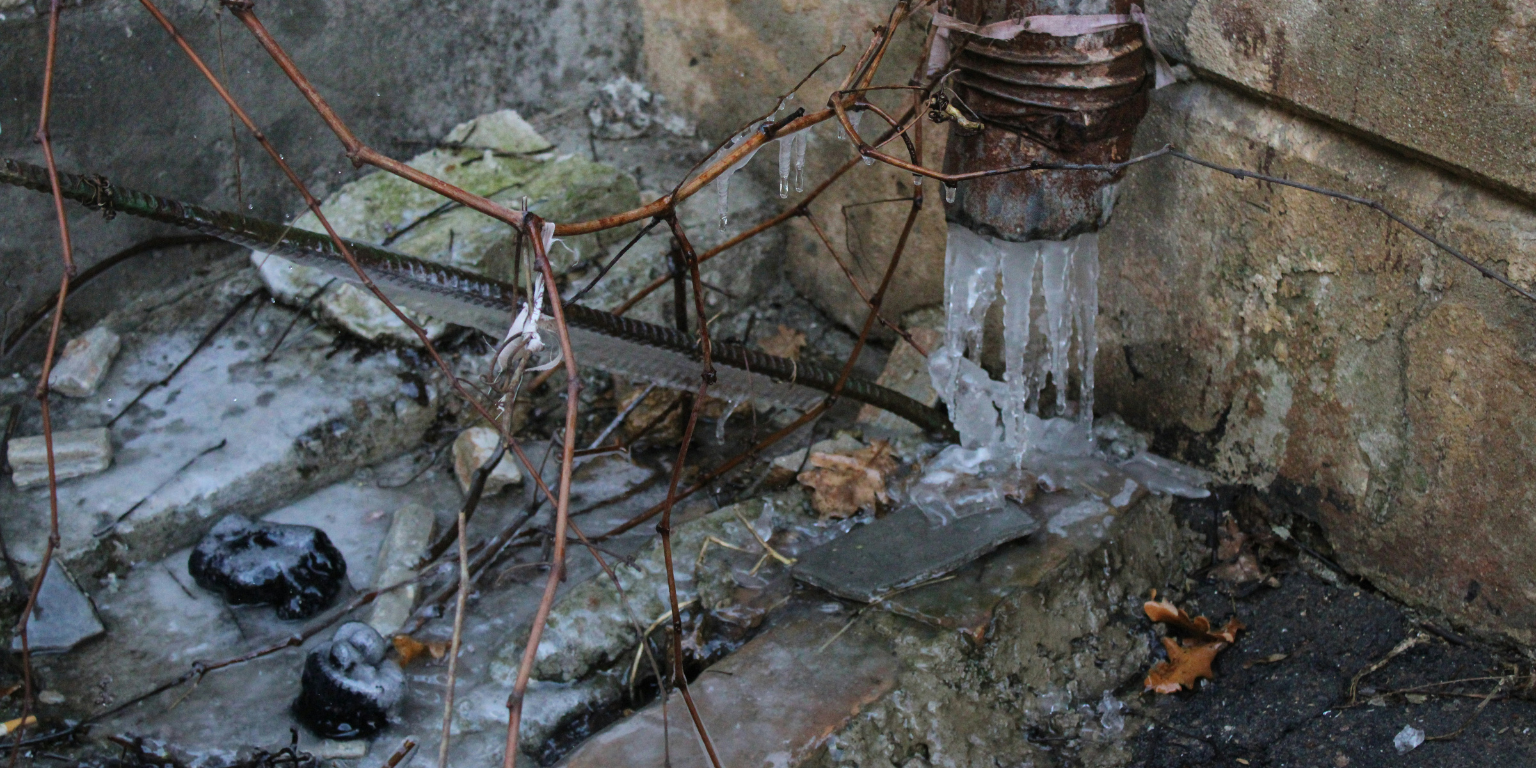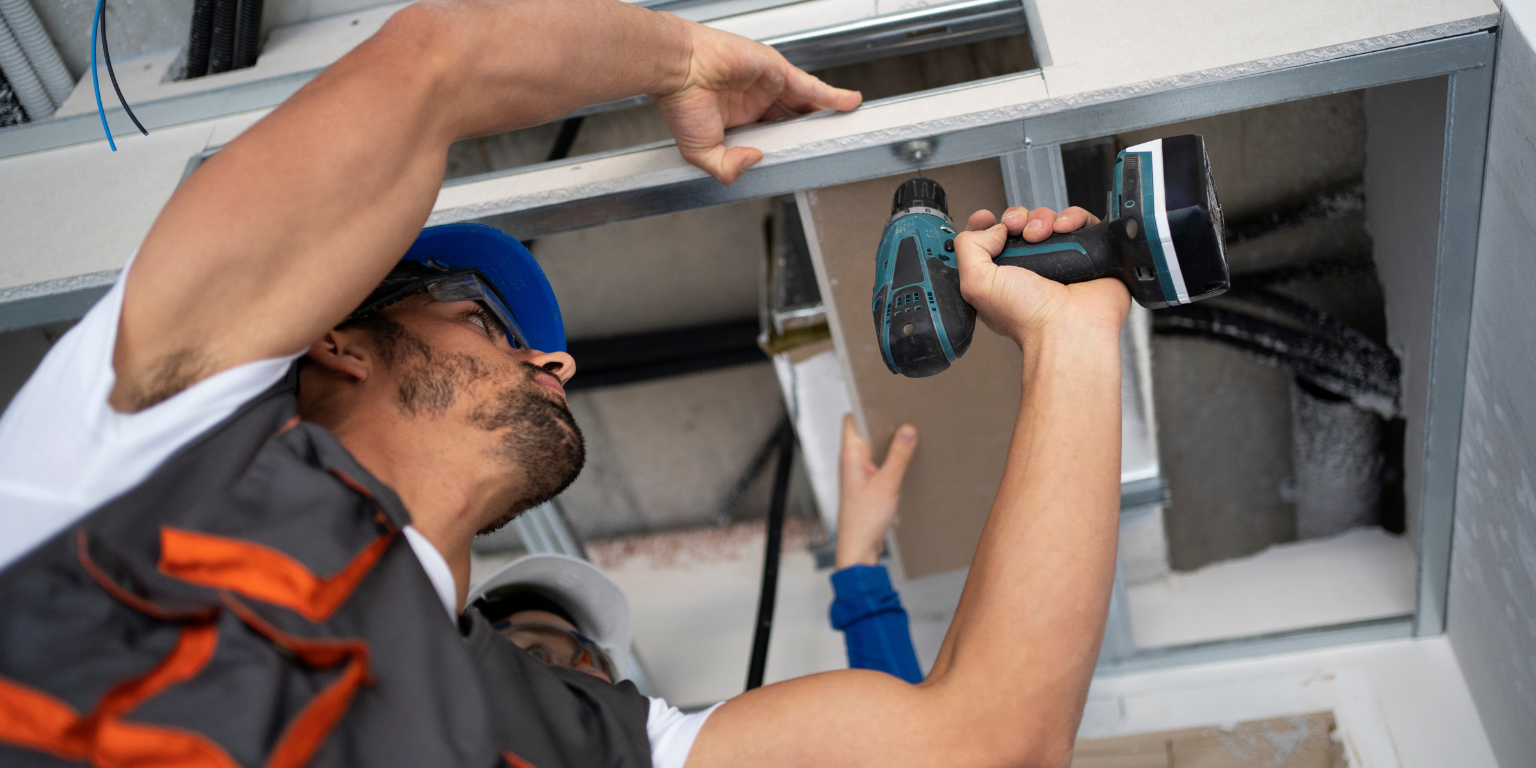Thinking about making your space bigger? One thing you don’t want to extend is your list of repairs down the line. That’s why it’s crucial not to overlook key plumbing, heating, and electrical requirements when starting your project.
Whether you're a contractor, developer, or supplier working on residential builds, getting the core services of plumbing, heating and electrics right from the outset is essential.
Put Plumbing First
Whatever you’re building, whether it’s a kitchen, bathroom or just a more open space to use, the layout and plumbing will be one of the most important things to get right.
The golden rule is always work with a qualified plumber, especially during the design phase to avoid costly reworks and complications later.
Consider whether the existing supply and waste systems can be extended into the new space, and whether they’re capable of handling the additional load.
Go with the Flow
More square footage alters the heating load and flow, and if that isn't accurately assessed, the whole system can become inefficient.
Before any work begins, it's important to evaluate whether the existing boiler has the capacity to support the added space.
Extensions are a great opportunity to introduce smart zoning, using thermostatic controls to regulate different areas more efficiently. In open-plan spaces, underfloor heating is a popular choice for its even distribution and minimal visual impact.
Proper insulation is also critical – what’s the point in extending something if the new area can’t hold heat effectively?
Get your Electric System Set Up
Electrical wiring for extensions isn’t just a case of running a few new cables. Often, it requires careful integration of new and old systems, which may mean upgrading the fuse board to meet current safety standards.
Socket and switch placement should be based on practical usage, not just what looks balanced on a wall. Think about how the space will be used, where furniture will sit, and what technology will be used when the extension is complete. No one wants extension cords trailing across the room because the sockets were installed in the wrong place.
Don’t Ignore Regulations
Every aspect of plumbing, heating, and electrical work in an extension must meet UK building regulations. These include:
- Part P for electrical safety
- Part G for sanitation, hot water and water efficiency
- Part L for energy efficiency.
Skipping these requirements can lead to major setbacks, including failed inspections, legal issues, and warranty voids.
Working with qualified, accredited professionals ensures the project stays compliant and avoids costly delays.
When plumbing, heating, and electrical systems are designed with the layout of the new space in mind, the result is a smoother build, improved energy performance, and long-term reliability.
If you're looking for expert guidance or trade supplies to support your next extension project, get in touch with our team today.








.png)





